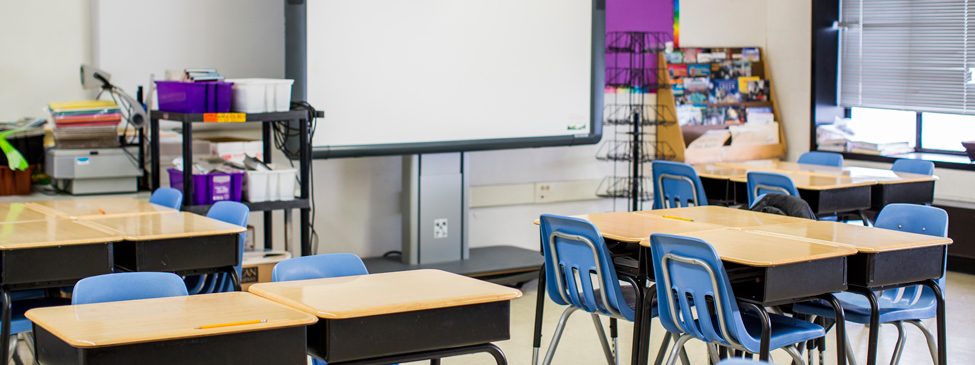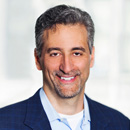There’s an old saying (or at least there should be): If you go looking for insults, you will rarely be disappointed.
Robert Pondiscio reports that conservatives in the education reform community are feeling “unwelcome, uncomfortable and cowed into silence” due to the “aggressive orthodoxy” in ed reform around “race, class and gender” that “does not include conservative ideas.” He cites as evidence my blog post from last year, in which I pledged TNTP would speak out more about social justice in education and beyond. I would argue the conservatives Robert quotes are so certain they are unvalued by liberals who surround them that they see insults that are not there.
Let me start with a point of agreement, though. My unscientific observation is most people in the ed reform community are politically liberal. I don’t doubt conservatives can feel like an unwanted minority in many gatherings where liberals give the impression that anyone who votes Republican is an ignoramus. That’s disrespectful, wrongheaded, and counterproductive. We can’t succeed as a reform community without diversity, including political diversity and diversity of ideas—particularly as a community that is trying to spark disruption in an entrenched system. Anyone who is committed to ensuring all kids get an excellent education should be welcomed as a partner.
But to put it plainly to my conservative friends: you’ve got to get over yourselves when it comes to discussions of race and racism and realize that it’s important that others speak the truth of their own experiences. I value your views and think the reform community is stronger for your ideas. But this celebration of diversity has to work both ways. Conservatives shouldn’t view reformers like Brittany Packnett, who support the Black Lives Matter movement or speak out about institutional racism in education, as seeking to exclude those who don’t agree with the left’s “broader economic and social agenda.” Because frankly, speaking out against institutional racism in education or elsewhere in our society shouldn’t be thought of as part of an ideological agenda.
The conservatives I know are outraged about evidence of bias—whether it’s high-achieving African-American kids getting referred to gifted programs at half the rate of their white peers (except when they have black teachers) or kids of color being suspended at significantly higher rates than white kids committing the same infractions. So why feel slighted when speakers at conferences speak out about this inequity or, for that matter, other instances of racial injustice?
This is especially frustrating because I think conservatives agree that institutional racism exists and is a powerful negative force in education, even if they don’t necessarily see it as the main underlying cause of our unequal schools. Perhaps they don’t explain their views clearly out of fear that any caveats will lead to charges of racial insensitivity. While this sort of “gotcha” environment may exist in some corners of the left, I think most liberal education reformers would be pleasantly surprised to hear how much common ground they share on this issue with their colleagues across the aisle.
Goodness knows there remains a lot of other common ground when it comes to education policy. Liberal reformers continue to embrace charter schools, accountability for educators, public investments, and rigorous learning standards. I don’t see any contradiction inherent in being motivated by social justice but advocating for policy changes inspired by conservatives as a means of combating injustice.
That’s not to say this should be a Kumbaya moment. There are serious disagreements between liberals and conservatives within the reform community about how we reach our goals. Conservatives have expressed concern, for example, that the focus on restorative justice as opposed to more traditional student discipline policies will lead to disorder in schools. I strongly disagree, but I don’t think the motives of those arguing the other side should be impugned.
Like a lot of reformers, I strongly believe as a matter of values—but also history—that we will not create real change unless people most affected by low-quality schools lead the movement. I suspect there’s plenty of discomfort with that idea from white reformers across the political spectrum, but potentially more so among conservatives. For all of us, fixing K-12 education is going to mean working alongside people we disagree with—and if we continue to debate those disagreements on their merits, we’ll be stronger for it.
So, Robert, thanks for going public with your reactions to reformers’ recent emphasis on social justice. It has sparked some strongly worded condemnations, as I’m sure you knew it would. You and the conservatives you quote could view those reactions as confirmation that you’re not welcome or wanted by liberals like me—but, in my view, you should instead see this as an opportunity for a deeper, more honest discussion about the mission that unites us and the differences that nearly all of us agree make us stronger.



